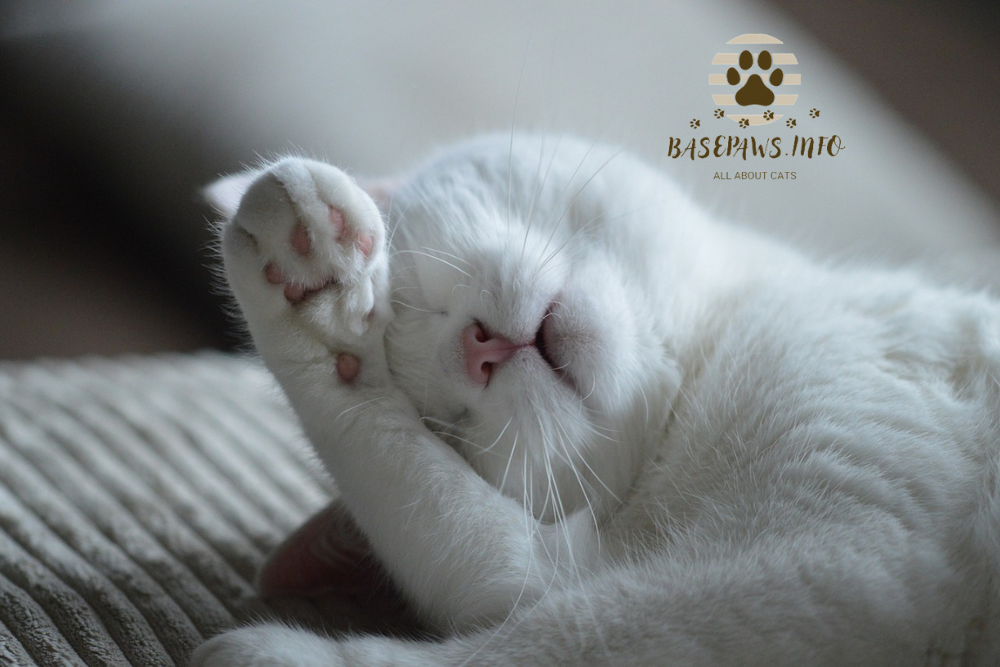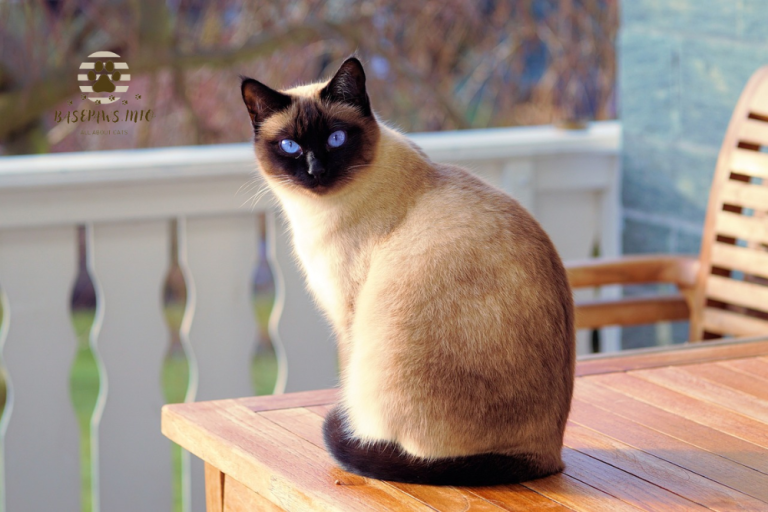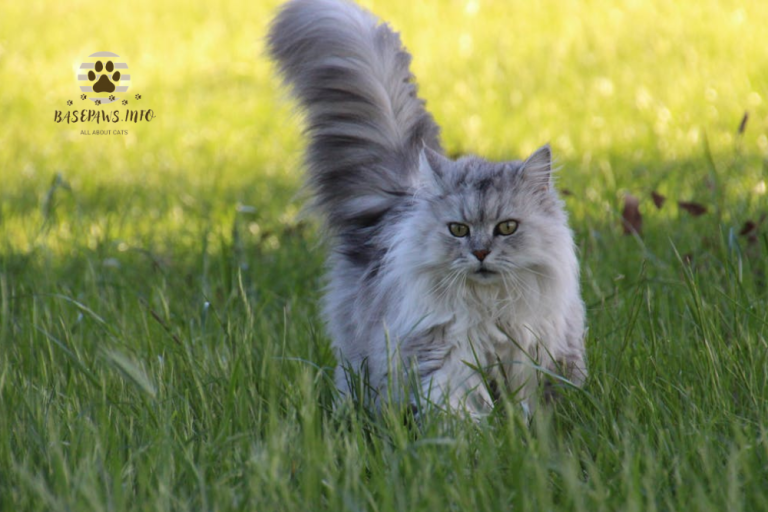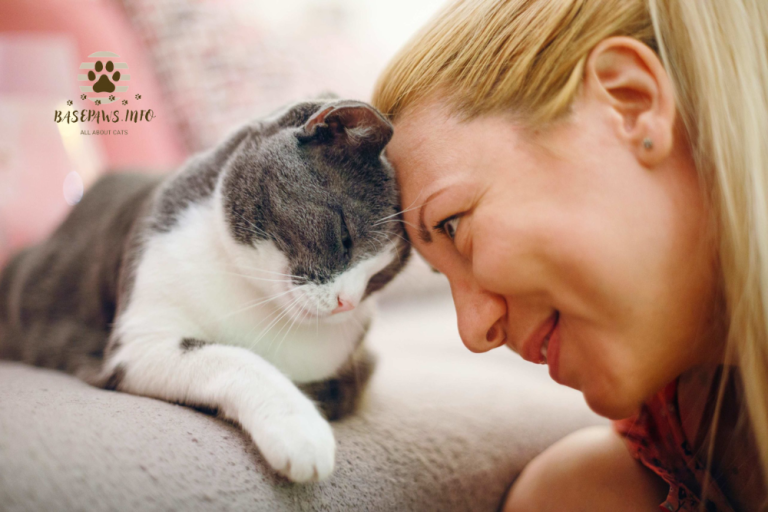7 Reasons Cats Sleep So Much and Proven Solutions to Energize Them!
Introduction: Understanding Cats and Their Sleeping Habits
Many cat owners often find themselves puzzled by their furry friends’ sleeping habits. If your cat seems to sleep all day, you might wonder, “Is my cat okay?” This concern is valid, as understanding your cat’s sleep patterns can help you identify any potential health issues. Fortunately, most cats are simply following their natural instincts, but knowing when to seek help can make a difference.
Cats are known for being champions of catnapping, often sleeping up to 20 hours a day. This behavior can be alarming for pet owners who worry that their feline friends may be ill or unhappy. The good news is that this sleeping pattern is typically normal for cats, as they have unique sleep requirements compared to humans. However, being aware of the signs of abnormal sleep is crucial for your cat’s health and happiness.
In this article, we will explore the reasons behind why your cats sleep so much and how much sleep your furry companion truly needs. From kittenhood to their senior years, understanding your cat’s sleep patterns will help you ensure they are both happy and healthy. Let’s dive into the world of cat sleep!
How Many Hours a Day Does a Cat Sleep?
Cats are known for their lengthy sleep periods, which vary depending on their age and activity level. On average, a cat sleeps 12 to 20 hours a day. Here’s a breakdown of how sleep patterns change as cats age:
| Age Category | Sleep Hours |
| Kittens | 18-22 hours |
| Adolescent Cats | 14-16 hours |
| Adult Cats | 12-20 hours |
| Senior Cats | 16-24 hours |
- Kittens need the most sleep as they grow rapidly and require energy for play and learning.
- Adolescent cats are typically more playful and might have erratic sleep patterns.
- Adult cats usually settle into a consistent sleeping schedule.
- Senior cats may sleep even more due to decreased energy and mobility.
Understanding these differences can help you gauge if your cat is sleeping too much for their age.
7 Reasons Why Cats Sleep So Much
1. They’re Taking Catnaps
Cats are expert nappers, often sleeping in short bursts throughout the day. These catnaps allow them to recharge their energy for hunting, playing, or simply exploring. If you notice your cat dozing off frequently, it’s likely they’re just indulging in their natural behavior.
2. They’re Conserving Energy
Cats are natural predators, and their instinct to conserve energy is strong. By sleeping a lot, they save their energy for short bursts of activity, which reflects their wild ancestors’ behavior. This energy conservation strategy helps them remain alert and ready to pounce at any moment.
3. They’re on Their Own Time
Unlike humans, cats have a different sense of time and can be nocturnal. They may prefer to be active during the night when it’s quieter, resulting in daytime sleepiness. If your cat is lively at night but sleeps all day, it’s likely they are simply following their instincts.
4. They’re Bored
If your cat doesn’t have enough stimulation, they may sleep more out of boredom. Cats need engagement to keep them active and happy. Consider providing interactive toys, climbing structures, or even a catio (cat patio) for outdoor access to keep their minds sharp.
5. They’re Stressed or Anxious
Stress can significantly impact a cat’s behavior, leading them to hide or sleep more. If your cat shows signs of stress, such as hiding or being less social, it might be their way of coping. Creating a safe and secure environment can help alleviate their anxiety.
6. They’re Sick or Uncomfortable
A sudden change in your cat’s sleep pattern may indicate illness. Cats tend to hide their discomfort, so if your cat is spending excessive time sleeping, it could mean they’re unwell. Monitoring their behavior and consulting with your vet is essential if you notice unusual changes.
7. They’re Adjusting to the Time of Year
Seasonal changes can also affect your cat’s sleep. During winter months, cats often sleep more as daylight decreases. This is a normal adjustment, but if you notice other concerning symptoms, check in with your veterinarian.
Cat Naps vs. Sleeping: Understanding Sleep Stages
Understanding the stages of sleep in cats can provide insight into their behavior. Cats experience light sleep and deep sleep, much like humans.
4.1 Light Sleep
In light sleep, cats are easily awakened. During this phase, they may twitch their whiskers or paws as they dream. Light sleep allows them to stay alert to potential threats while still resting.
4.2 Deep Sleep
Deep sleep is when a cat truly rejuvenates. It’s harder to wake them during this stage, and they may remain completely still. This phase is crucial for their physical health, allowing for recovery and growth.
Is My Cat Really Asleep?
Sometimes, it can be hard to tell if your cat is truly asleep or just resting. Cats have a unique ability to enter a state of rest that looks like sleep. If your cat is lying still but has its eyes half-open, it might be in a relaxed state rather than fully asleep. Observing their breathing patterns can help determine if they are in a deep sleep.
Is My Cat Sleeping Too Much? When to Consult a Vet
While sleep is a normal part of a cat’s life, excessive sleeping can be a concern. Look for the following signs that may indicate a problem:
- Sudden changes in sleep patterns: If your cat suddenly sleeps much more than usual.
- Loss of appetite: If they are not eating or drinking regularly.
- Behavioral changes: If they are more withdrawn or aggressive than normal.
- Signs of discomfort: If they flinch when touched or show signs of pain.
If you notice any of these symptoms, it’s important to consult your veterinarian.
Why Do Cats Sleep So Much All of a Sudden?
If your cat suddenly begins sleeping significantly more than usual, it can be concerning. This change could be due to various factors, including:
- Health Issues: Conditions such as infections, pain, or metabolic disorders can lead to increased fatigue. If your cat exhibits other symptoms like loss of appetite or lethargy, it’s essential to consult a veterinarian.
- Stress or Anxiety: Changes in the environment, such as moving to a new home, introducing a new pet, or changes in routine, can cause stress, leading cats to seek comfort in sleep.
- Aging: As cats age, their energy levels tend to decline, which may result in more sleep. Older cats often require more rest to recover from daily activities.
- Weather Changes: Cats may sleep more during colder months as a natural instinct to conserve energy and keep warm.
Monitoring your cat’s overall behavior and health is crucial. If the excessive sleeping persists or is accompanied by other worrisome signs, consult your vet.
Why Do Indoor Cats Sleep So Much?
Indoor cats often sleep more than outdoor cats for several reasons:
- Limited Stimulation: Indoor cats may have fewer opportunities for physical activity and mental stimulation. Without engaging activities, they may resort to sleeping more.
- Safety and Security: Being indoors provides a safe environment. Cats may feel comfortable and secure, allowing them to rest more frequently without the need to be vigilant for predators.
- Natural Instincts: Cats are crepuscular animals, meaning they are most active during dawn and dusk. Indoor cats may align their sleeping patterns with their natural instincts, leading them to sleep throughout the day.
To help combat excessive sleeping, provide engaging toys, scratching posts, and interactive playtime to stimulate their senses.
How Many Hours a Day Do Cats Sleep by Age?
The amount of sleep a cat requires can vary by age:
- Kittens: Sleep 18-22 hours a day. Kittens are growing rapidly, and their bodies require a lot of rest to support development.
- Adolescent Cats: Sleep around 14-16 hours a day. They are energetic and playful but still need plenty of rest.
- Adult Cats: Sleep 12-20 hours a day. Adult cats may exhibit more stable sleep patterns but will still enjoy frequent naps throughout the day.
- Senior Cats: Sleep 16-24 hours a day. Older cats often sleep more due to decreased energy levels and health concerns. They may need extra rest to cope with aging-related issues.
Why Do Cats Sleep in a Ball?
Cats often sleep curled up in a ball for several reasons:
- Warmth: Curling up helps cats conserve body heat. Their body is naturally designed to retain warmth when they feel vulnerable or relaxed.
- Safety: In the wild, sleeping in a ball protects vital organs and makes them less susceptible to predators. This instinctive behavior carries over to domestic cats, even when they are in safe environments.
- Comfort: The position is generally cozy and allows cats to feel secure while resting. It also provides a sense of comfort, similar to how they would snuggle with their mother or littermates as kittens.
Cat Sleeping a Lot but Still Eating
If your cat is sleeping a lot but maintaining a healthy appetite, it can be normal, depending on the context:
- Individual Variation: Just like humans, cats have different energy levels and sleeping needs. Some cats may naturally be more laid back and sleep more without any health concerns.
- Boredom: A lack of stimulation can lead to increased sleep. If they are not active or engaged, they might take more naps. Consider providing toys or interactive play to keep them mentally stimulated.
- Comfort and Safety: If your cat feels safe and secure in their environment, they may sleep more. As long as they are eating well, drinking enough water, and maintaining a healthy weight, it may not be a cause for concern.
However, if you notice any significant changes in behavior, such as reduced appetite or weight loss, it’s best to consult your veterinarian.
Why Do Cats Sleep with You?
Cats sleep with their owners for several reasons:
- Bonding: Sleeping close to you strengthens the bond between you and your cat. It indicates trust and affection, as they feel safe in your presence.
- Warmth: Cats are attracted to warmth, and snuggling with you provides a cozy spot to rest. Your body heat helps keep them comfortable.
- Protection: In the wild, cats often sleep in groups for safety. By sleeping with you, they feel more secure and protected from potential threats, even if they are in a safe indoor environment.
Do Indoor Cats Sleep at Night?
Indoor cats typically do sleep at night, but their sleeping patterns can vary:
- Crepuscular Behavior: Cats are naturally crepuscular, meaning they are more active during dawn and dusk. Many indoor cats will follow this pattern, having bursts of energy in the early morning and evening hours while sleeping during the day and late at night.
- Adaptation: Some indoor cats may adjust their sleep schedules based on their owners’ routines. If you are active during the day, they might sleep more during those hours and remain awake in the evenings when you are home.
To help regulate their sleep schedule, maintain a consistent playtime routine to tire them out before bedtime.
Do Male Cats Sleep More than Females?
There is no significant evidence to suggest that male cats sleep more than female cats. However, individual behavior can vary based on several factors:
- Personality: Individual cats, regardless of gender, can have different sleep needs and patterns based on their personalities. Some may be more active and others more laid-back.
- Health and Age: A cat’s health status and age are more determining factors in sleep patterns than gender. Older cats or those with health issues may sleep more, irrespective of their sex.
- Spaying and Neutering: Spaying or neutering can influence a cat’s behavior. Neutered male cats may have different energy levels compared to intact males, but this does not apply universally.
Ultimately, focus on your cat’s specific needs and habits rather than generalizing based on gender.







